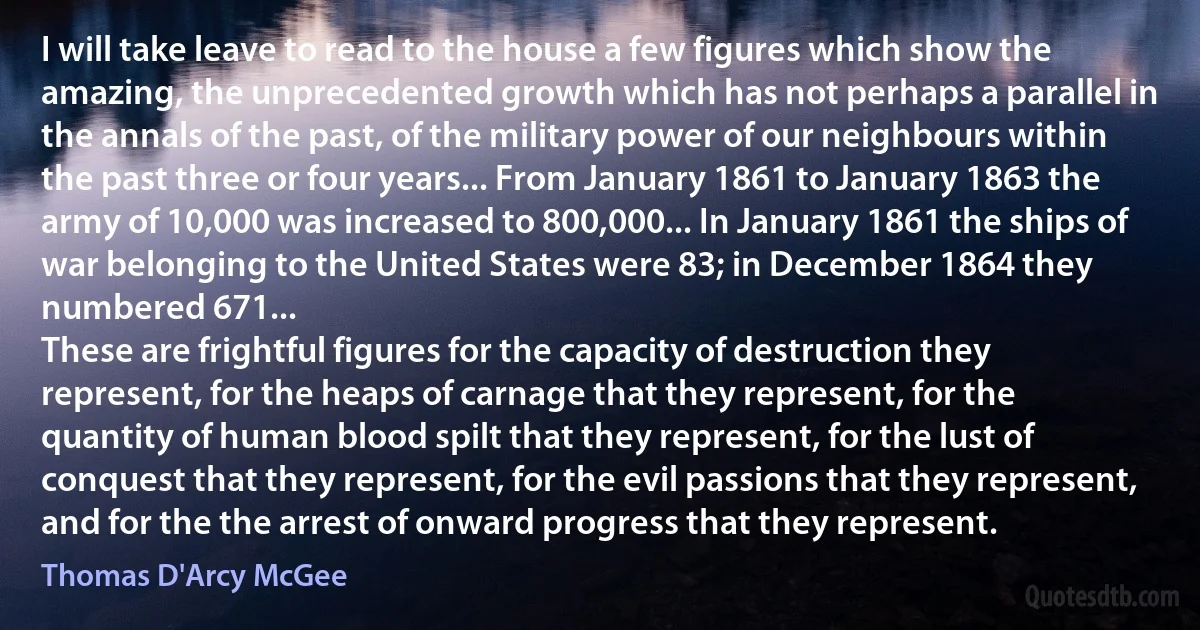Quantity Quotes - page 10
Whether you eat a vegetarian diet or you include a very small amount of animal foods, for optimal health you must get the majority of calories from unrefined plant food with a minimal amount of animal products. A large quantity of unrefined plant food grants the greatest protection against developing serious disease.

Joel Fuhrman
In the intellectual market the quantity of the demand rises in proportion to that of the supply, but its quality does not keep pace with this increase. For example, the Old Testament of pianoforte players, Bach's "Wohltenoerurtes Klavier” is perhaps in almost as many hands as the New Testament, Beethoven's Pianoforte Sonatas, but in few more heads than it was in former years, when it could only be had for six times the present price. Doubtless, its leaves are somewhat oftener turned over, but now, as then, about the sixth part, likely enough just the first sixth, is all that is studies in the real meaning of the word. Here truly is little more gained than a merely superficial acquaintance with the great father of German music.

Hans von Bulow
Even today, there persists... a feeling that the creation of the Universe out of nothing must violate some basic conservation law that stops one from getting something for nothing. Nevertheless, there is actually no evidence that the Universe as a whole possesses a non-zero value of any such conserved quantity. The total mass-energy of all the constituents of a finite Universe appears to be always equal in magnitude but opposite in sign to the total gravitational potential energies of those particles. ...Similarly, there is no evidence that the Universe possesses any overall net rotation or electric charge.

John D. Barrow
Aristotle believed that the world did not come into being at some time in the past; it had always existed and it would always exist, unchanged in essence for ever. He placed a high premium on symmetry and believed that the sphere was the most perfect of all shapes. Hence the universe must be spherical. ...An important feature of the spherical shape... was the fact that when a sphere rotates it does not cut into empty space where there is no matter and it leaves no empty space behind. ...A vacuum was impossible. It could no more exist than an infinite physical quantity. ...Circular motion was the most perfect and natural movement of all.

John D. Barrow
We had become so accustomed to think of λ as an essentially positive quantity, and of a finite world with positive curvature, that the idea of investigating the possibility of solutions with negative or zero values of λ and of the curvature simply did not arise. But when this oversight was corrected, it appeared at once that in the non-static case both λ and the curvature need not be positive, but can be negative or zero quite as well.

Willem de Sitter
It sounds rather strange to talk of an infinite universe still expanding. If we were certain that the curvature was negative, we might still, as in the case of positive curvature, replace the phrase "the universe expands" by the equivalent one "the curvature of the universe decreases." But if the curvature is zero, and remains zero throughout, what sort of meaning are we to attach to the "expansion"? The real meaning is, of course, that the mutual distances between the galactic systems, measured in so-called natural measure, increase proportionally to a certain quantity R appearing in the equations, and varying with the time. The interpretation of R as the "radius of curvature" of the universe, though still possible if the universe has a curvature, evidently does not go down to the fundamental meaning of it.

Willem de Sitter
Education is the principal tool of socio-economic development and unless all societies are provided with right type of education, adequate in quality and quantity, it will not be possible to tackle satisfactorily the problem of ignorance of health and poverty which afflicts the majority of human beings in the world.

V. V. Giri
By another way, therefore, I endeavoured to attain the same end; and since it is a property of water that a small quantity of it, converted into steam by the force of heat, has an elastic force like that of the air, but, when cold supervenes, is again resolved into water, so that no trace of the said elastic force remains; I felt confident that machines might be constructed wherein water, by means of no very intense heat, and at small cost, might produce that perfect vacuum which had failed to be obtained by aid of gunpowder. But of the various constructions which can be contrived for this purpose, the following seemed to me to be the most suitable.

Denis Papin
But with the passing of time, a peasant became a tribal and from tribal a beast. William Finch, writing at Agra about 1610 C. E., describes how Jahangir and his nobles treated them - during Shikar. A favourite form of sport in Mughal India was the Kamargha, which consisted in enclosing a tract of country by a line of guards, and then gradually contracting the enclosure until a large quantity of game was encircled in a space of convenient size. "Whatever is taken in this enclosure” (Kamargha or human circle), writes Finch, "is called the king's shikar or game, whether men or beasts... The beasts taken, if man's meat, are sold... if men they remain the King's slaves, which he sends yearly to Kabul to barter for horses and dogs: these being poor, miserable, thievish people, that live in woods and deserts, little differing from beasts.”89 W. H. Moreland adds: "Other writer (also) tell it besides Finch.”.

Jahangir
Scientific treatment of the subject of currency is impossible without some form of the quantity theory ... but the quantity theory by itself is inadequate, and it leads up to the method of treatment based on what I have called the consumers' income and the consumers' outlay – that is to say, simply the aggregates of individual incomes and individual expenditures.

Ralph George Hawtrey



